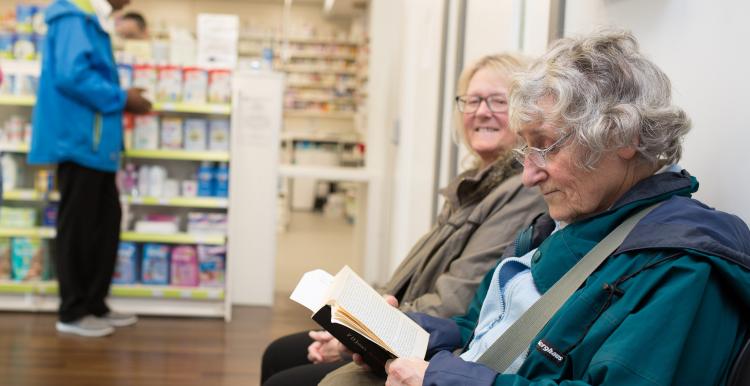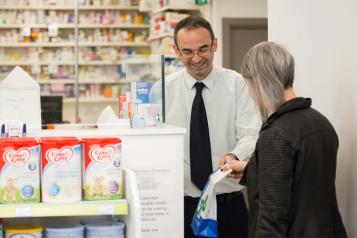Can you get a free presciption?

Most adults in England have to pay for their prescriptions. The NHS prescription charge is usually £9.90 per item. Some items, like contraceptives, are free.
Some people get their prescriptions for free. A lot of people know they get free NHS prescriptions if they're under 16 or over 60. But you can also qualify for free prescriptions for other reasons, such as if you have certain medical conditions or receive certain benefits.
Who gets free prescriptions?
You can get free NHS prescriptions if:
- You are aged 60 or over
- You are under the age of 16
- You are 16, 17 or 18 and in full-time education
- You are pregnant or have had a baby in the last 12 months and have a valid maternity exemption certificate
- You have a valid medical exemption certificate
- You hold a valid War Pension exemption certificate, and the prescription is for your disability
- You have a valid NHS Tax Credit Exemption Certificate
- You are an NHS inpatient
You are entitled to free prescriptions if you or your partner receive the following benefits:
- Income support
- Income-based Job Seekers Allowance
- Income-related Employment and Support Allowance
- Pension Credit Guarantee Credit
- Universal Credit, and you meet the criteria.
You are also entitled to free prescriptions if you are under 20 and a dependent of someone on these benefits.
You're not automatically entitled to free prescriptions if you get PIP (Personal Independence Payment).
See if you are eligible for help
The Government has a five-minute online survey that will let you know if you can get free NHS prescriptions, dental treatment and eye tests.
What health conditions qualify for free prescriptions?
If you have certain medical conditions or physical disabilities, or are going through a particular type of treatment, you can apply for a medical exemption certificate, which allows you to get free prescriptions. These include:
- Certain thyroid conditions
- Certain types of diabetes
- An ongoing physical disability that stops you going out without another person's help
- Epilepsy that means you need continuous anticonvulsive therapy
- A stoma (such as colostomy) that needs a continuous surgical dressing or use of an appliance
- Cancer and you're going through treatment for the cancer itself, its effects, or the effects of cancer treatment
You can read the full list of conditions that qualify you for a medical exemption certificate here. If you're not sure whether you qualify, speak to your doctor.
Having one of the health conditions on the list doesn't automatically qualify you for free prescriptions. You'll need to apply for a medical exemption certificate.
Do you have a low income?
If you are on a low income, you may be able to receive financial help towards your prescription. The NHS have a low income scheme to help people.
The scheme covers:
- Prescription costs
- Dental costs
- Eye care costs
- Healthcare travel costs
- Wigs and fabric support.
You can apply for the scheme if your savings, investments or property (not including where you live) stay within the capital limit.
If you live in a care home, the capital limit is £23,250. For everyone else, it is £16,000.
Visit the NHS website to find out how to apply for the low income scheme and claim money back that you have already paid.
NHS prescription prepayment certificates
You can save money through a prescription prepayment certificate (PPC0. This certificate lets you pay a fee upfront to cover all your NHS prescriptions, including dental, no matter how many you need. It can be an especially good idea if you need repeat prescriptions.
Costs vary depending on the duration of the certificate.
- Three months cost £32.05 and will save you money if you get more than three prescriptions in three months.
- Twelve months cost £114.50 and will save you money if you get more than eleven prescriptions yearly.
- If you're prescribed Hormone Replacement Therapy (HRT), you are entitled to an HRT PPC. The certificate costs £19.80, lasts 12 months, and will save you money if you get more than two prescriptions yearly.
You'll need an address to apply for a PPC or to the Low-Income Scheme (LIS). However, you can use a ‘care of’ or forwarding address if you don’t have a fixed address.
More information and advice
For more information and support paying for your prescriptions, check out the following resources:


